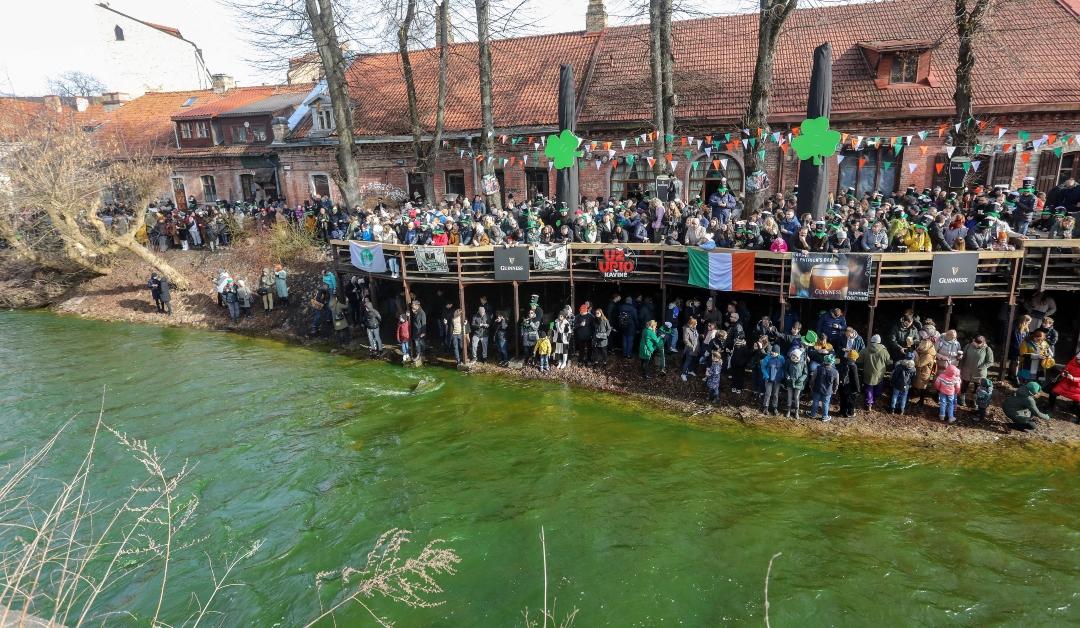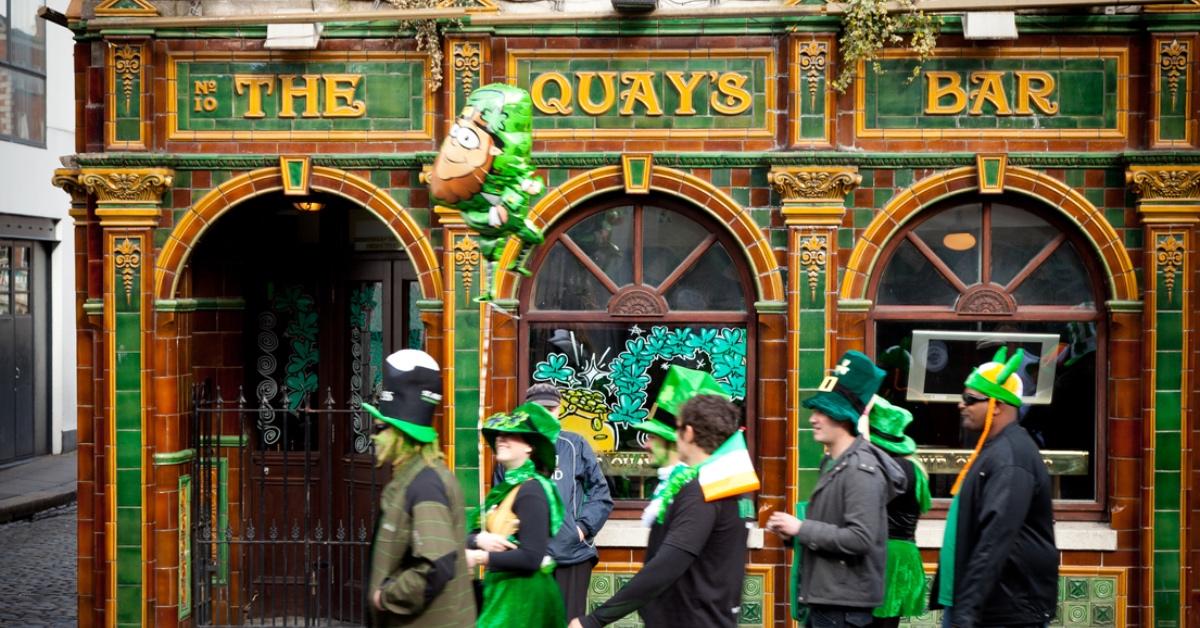St. Patrick’s Day and the Holy Trinity: What's the Spiritual Meaning Behind This Holiday?
Published Feb. 8 2024, 4:57 p.m. ET

Holidays add some extra fun to everyone’s daily life. After celebrating love with your favorite people, it’s time to find some green accessories. While people decorate the town with four-leaf clovers, you might wonder if there’s a spiritual meaning to St. Patrick’s Day beneath the Irish food and craft beer.
Discover how various cultures recognize spiritual meanings for the holiday before reading how people began celebrating it in the first place. You’ll get a better idea of what the date means so you can fully appreciate the festivities every year.

Discover potential St. Patrick’s Day spiritual meanings.
St. Patrick’s Day is most known for its Christian roots. The holiday celebrates Saint Patrick, who brought Christianity to Ireland and built its first cathedral in 444 A.D., per the University of Notre Dame. Catholics who celebrate the holiday appreciate the remembrance of Saint Patrick’s faith, which may encourage them to renew their own.
Before March 17 became St. Patrick’s Day, Celtic pagan communities around Ireland used the date to celebrate Ostara, according to The Comenian. It’s a holiday recognizing the spring equinox, which the National Weather Service notes is when the days and nights are almost equally long. Ostara recognized it as a time for nature’s rebirth and everyone’s spiritual chance for a fresh start.
Today, Irish Americans might celebrate their heritage on St. Patrick’s Day. Many cultures believe in ancestor veneration, when a person’s ancestors protect them spiritually throughout their lives, as noted in The Library of Congress. It’s another way to stay spiritually connected to loved ones who passed away while the festivities celebrate a person’s Irish roots.

Learn the brief history of St. Patrick’s Day.
According to Texas Tech Today, St. Patrick’s Day is when Saint Patrick passed away in the fifth century. He brought Christianity to Ireland, which Christians honor through his holiday. Their St. Patrick’s Day spiritual meaning might represent their gratitude for Irish Christian communities originally planted by the saint.
Here are some commonly believed St. Patrick’s Day myths.
Ensure you don’t accidentally assign a spiritual meaning to your St. Paddy’s Day celebrations based on some commonly believed myths. A professor of patristics at Baylor University notes the following misconceptions people often believe:
- Saint Patrick wasn’t named Patrick but received the name of Patricius or “father of citizens” from the then-Pope.
- Saint Patrick didn’t use a shamrock to teach people about the holy trinity — the legend began in 1571 by English botanists.
- Some people think Saint Patrick commanded all snakes to leave Ireland, but the Emerald Isle never had snakes to begin with.
Determine what St. Patrick’s Day means to you.
There are numerous St. Patrick’s Day spiritual meanings, so choose one that feels right for you. Whether you celebrate an Irish Christian saint, the changing seasons, or Irish history, you’ll gain a day of extra fun in the middle of March.